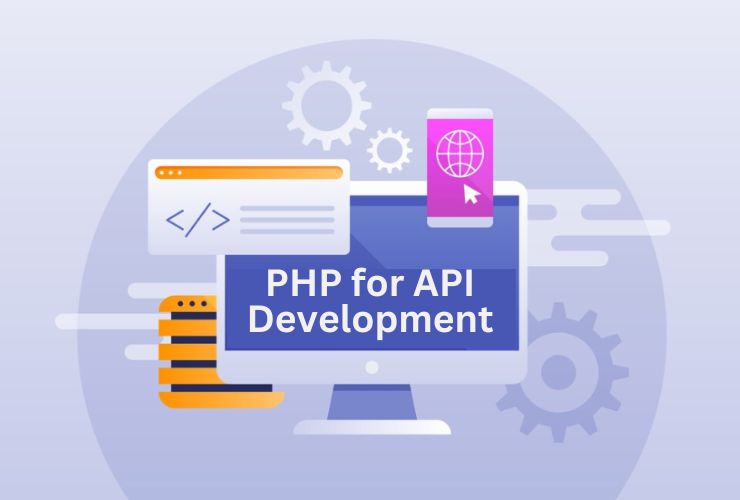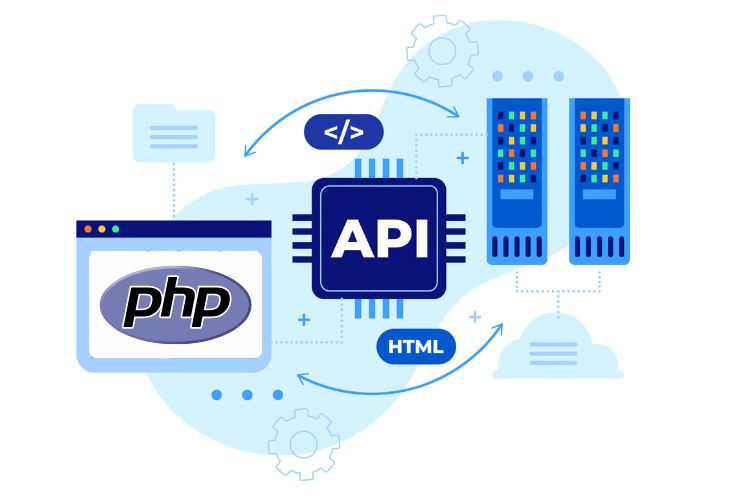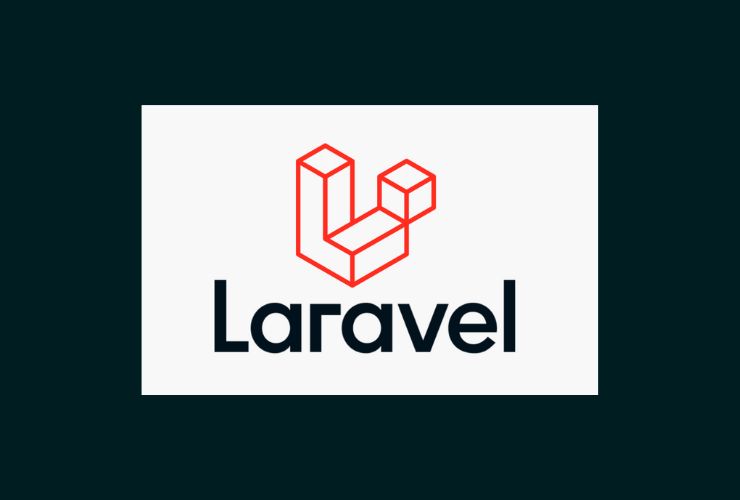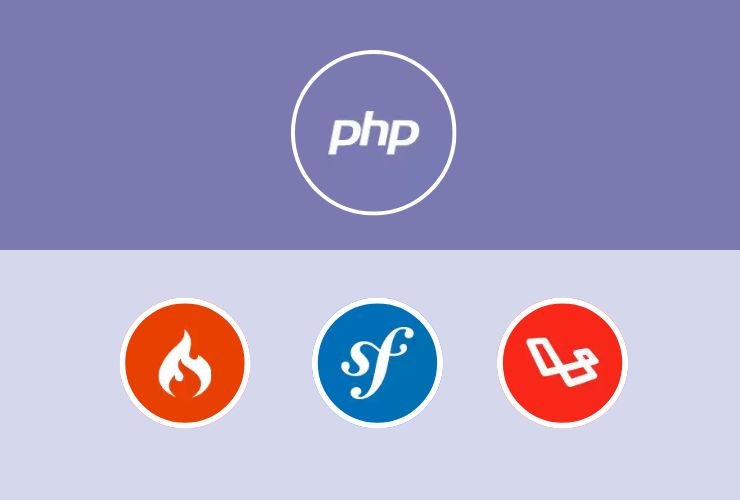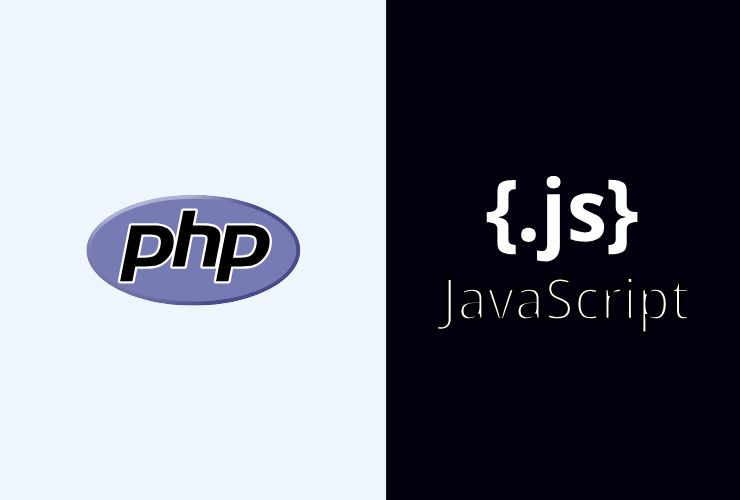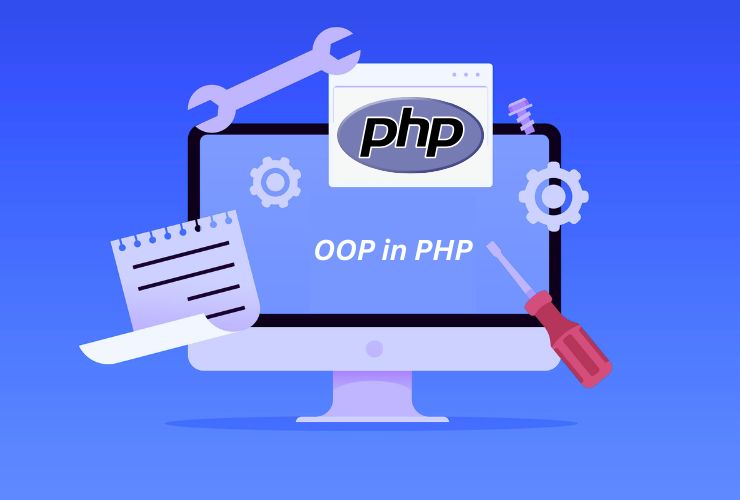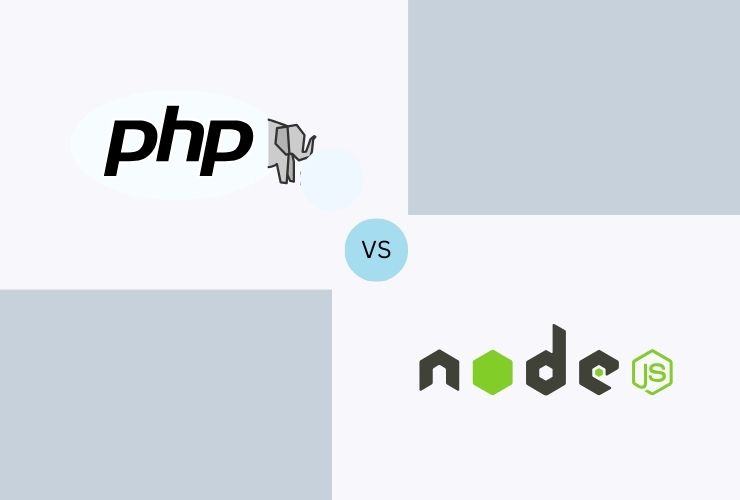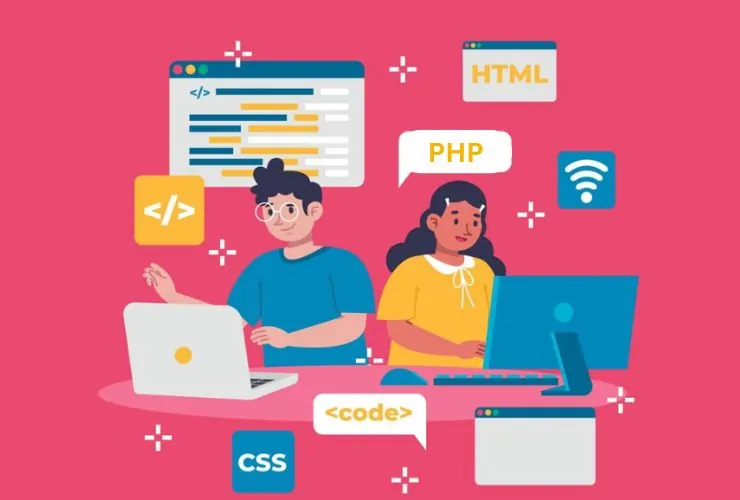APIs (Application Programming Interfaces) are the backbone of modern web applications, letting systems talk to each other with ease. PHP is probably the best language for simple yet flexible API development, making it a popular choice among beginners and experienced developers alike, so it’s essential to have knowledge about best practices and useful tips on masterful API development with PHP. Let’s get started, shall we?
What Is an API and Why Use PHP?
APIs facilitate data exchange between software applications. They are essential for creating dynamic apps that interact with external services, such as payment gateways, social media platforms, or cloud storage. PHP’s extensive library support, frameworks like Laravel and Symfony, and community-driven resources make it ideal for API development.
Tips and Tricks for API Development in PHP
1. Choose the Right Framework
APIs are the communication tools for data exchange between software applications. Creating dynamic apps with external service interactions, for example, with payment gateways, social media platforms, or cloud storage, requires the use of APIs. PHP, therefore, is ideal due to its library support and frameworks such as Laravel and Symfony.
2. Follow RESTful Principles
Adhere to REST (Representational State Transfer) principles for designing APIs. Use proper HTTP methods like GET, POST, PUT, and DELETE, and organize endpoints logically to make the API intuitive for users.
3. Use JSON as the Data Format
JSON (JavaScript Object Notation) is lightweight and widely used for data exchange in APIs. PHP offers native functions like json_encode() and json_decode() to handle JSON efficiently.
4. Implement Authentication
Secure your API by implementing authentication mechanisms such as OAuth2, JWT (JSON Web Token), or API keys. This ensures that only authorized users can access your API.
5. Validate and Sanitize Input
Always validate and sanitize user input to prevent vulnerabilities like SQL injection and XSS (Cross-Site Scripting). Use libraries like PHP’s filter_var() and validation tools provided by frameworks.
6. Enable CORS
Enable Cross-Origin Resource Sharing (CORS) to allow your API to interact with applications hosted on different domains. Use PHP headers or middleware in frameworks to manage CORS policies.
7. Handle Errors Gracefully
Provide meaningful error messages and use proper HTTP status codes (e.g., 404 for not found, 500 for server errors). This helps API users understand and resolve issues quickly.
8. Optimize Performance
- Use caching mechanisms like Redis or Memcached to store frequently accessed data.
- Minimize database queries using ORM (Object-Relational Mapping) tools.
- Compress responses using gzip for faster data transfer.
9. Use API Testing Tools
Test your APIs thoroughly with tools like Postman or Insomnia. Automate testing with PHPUnit to ensure functionality and reliability.
10. Provide Documentation
Use tools like Swagger or Postman to create API documentation. Clear and concise documentation makes your API user-friendly and encourages adoption.
Conclusion
Developing APIs with PHP is both efficient and powerful when you follow best practices and leverage the right tools. By using frameworks, ensuring security, optimizing performance, and documenting effectively, you can create robust and scalable APIs that cater to modern application needs. Start building APIs in PHP today to unlock endless possibilities for your applications!

